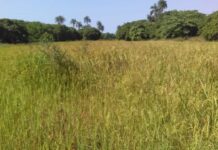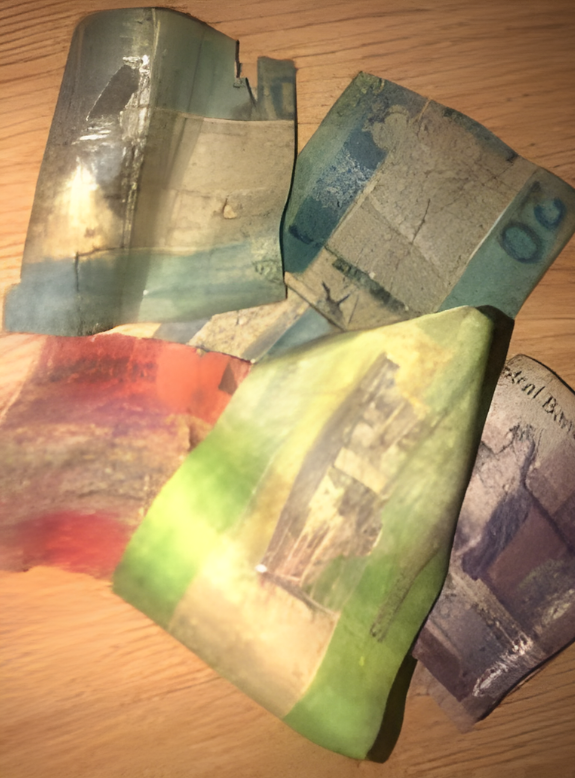By Amadou Manjang
The Central Bank of the Gambia (CBG) has spelt out moves it has taken to withdraw old and damaged currency notes.
In an exclusive interview with Foroyaa, officials of the Bank said they have been engaging commercial banks, rural communities and other stakeholders in their bid to withdraw old and damaged bank notes in circulation.
The Head of the Currency Unit at CBG, Bai Abi Jobe said last year, the CBG met with the head of the operation units of the commercial banks in the Gambia on the aforesaid issue.
‘‘The CBG will continue to engage Commercial banks to establish sorting units so that they can sort out old family and damaged bank notes, and deposit them at the Central Bank,’’ he said.
He added that in March and April of 2024, the CBG will meet local authorities in rural communities to sensitise their communities about the process of withdrawing old and damaged bank notes in circulation.
Mr Jobe indicated that that they have a challenge in withdrawing old bank notes in rural communities because most of the notes are outside the bank. However, he said that the CBG is developing a strategic plan to address the challenges they are confronted with in rural areas.
‘‘We have come with a strategy to remove the old bank notes. The removal of the notes is a process and this is ongoing steadily,’’ he said.
Jobe added that the CBG does not want to give a deadline for the withdrawal of the old and damaged bank notes, to avoid causing panic as seen in other countries. He said the CBG has a Clean Note policy which all financial institution should adhere to. He opined that the public or customers should reject receiving old or damaged bank notes from financial institutions. He said that if they insist, they can receive the notes and report to CBG. He said there is a penalty of fifty thousand Dalasi for a financial institution that violates the ‘clean note policy,’ and adds that since the beginning of the withdrawal exercise, the CBG withdrew D3.5 billion of old and damaged bank notes and injected D7.1 billion of fresh and new bank notes. Mr Jobe further said that the circulation of old and damaged bank notes has nothing to do with inflation, and said the CBG sorts out all banknotes that enter the Central Bank, to avoid them getting back into circulation.
Foroyaa visited the CBG sorting unit and found about ten staff separating old and damaged bank notes from good and re-usable ones.
According to Mr Jobe, the work of these CBG staff is to separate old and damaged bank notes daily, from the fresh ones, and said this shows that they are working to ensure that the old and damaged bank notes does not return to circulation. Foroyaa also visited the cashiers to see the money given to commercial banks and customers and found that cashiers whose only job is to receive notes coming into the bank, receive both good and damaged notes which are later handed over to the sorting unit, to separate them. The paying cashiers whose work is to pay institutions and banks, also give out only the new bank notes.
Meanwhile, Mr Jobe calls on the public to exchange their old as well as damaged bank notes at the CBG to new and re-usable ones.
‘‘We have special cashiers for the exchange of old and damaged notes with new ones, and I therefore encourage everyone to come and do the exchange here,’’ he said.



















